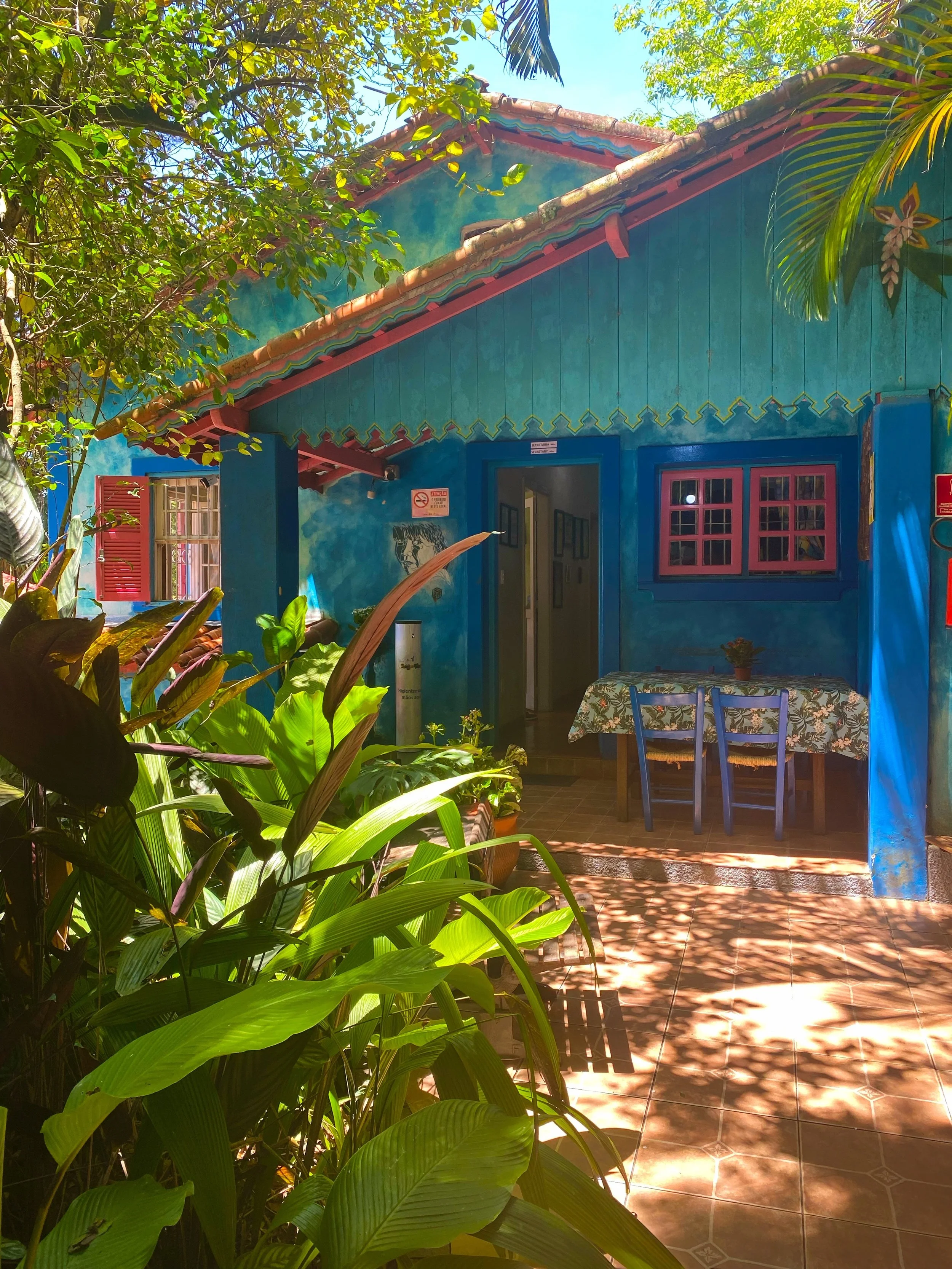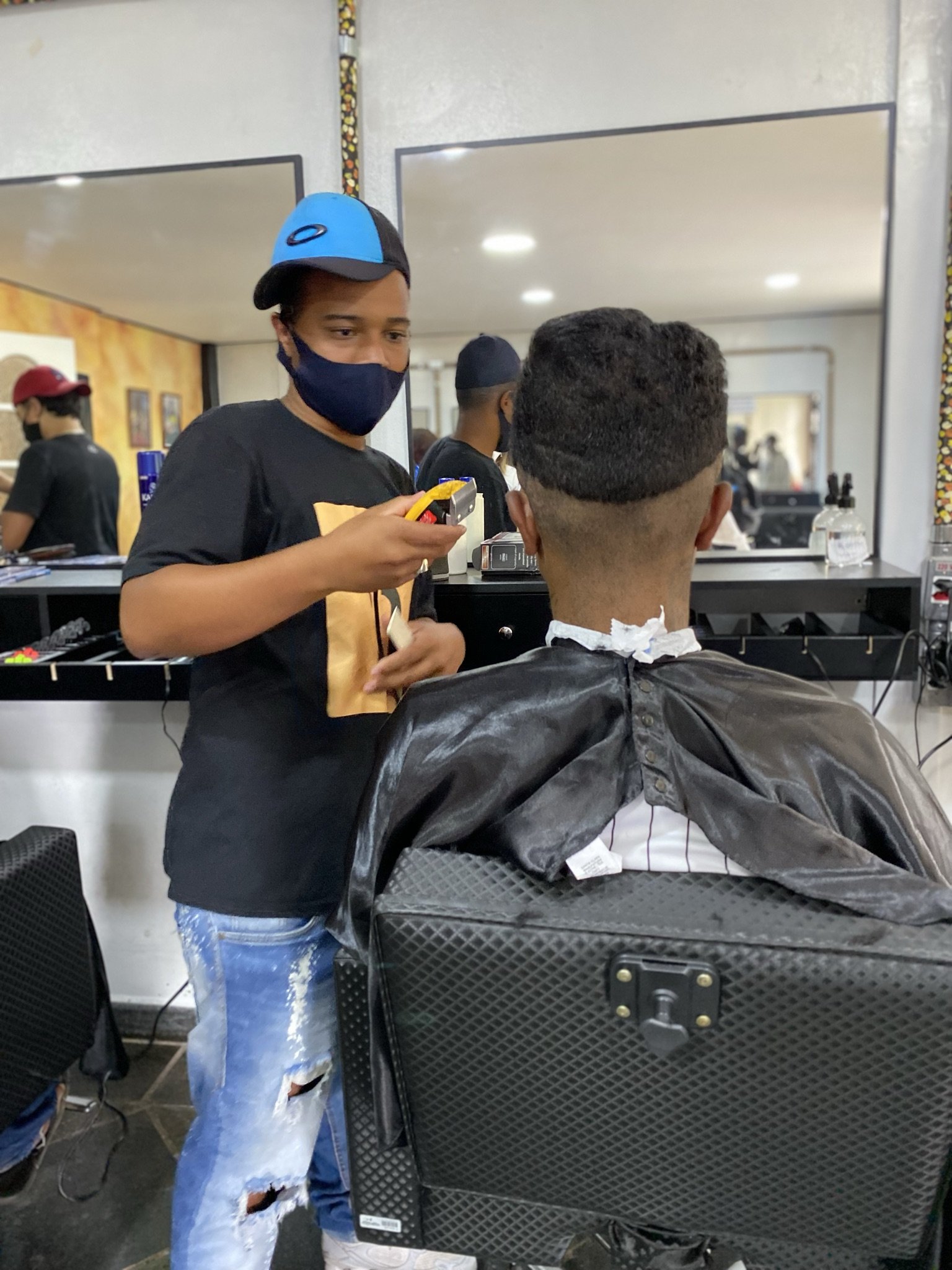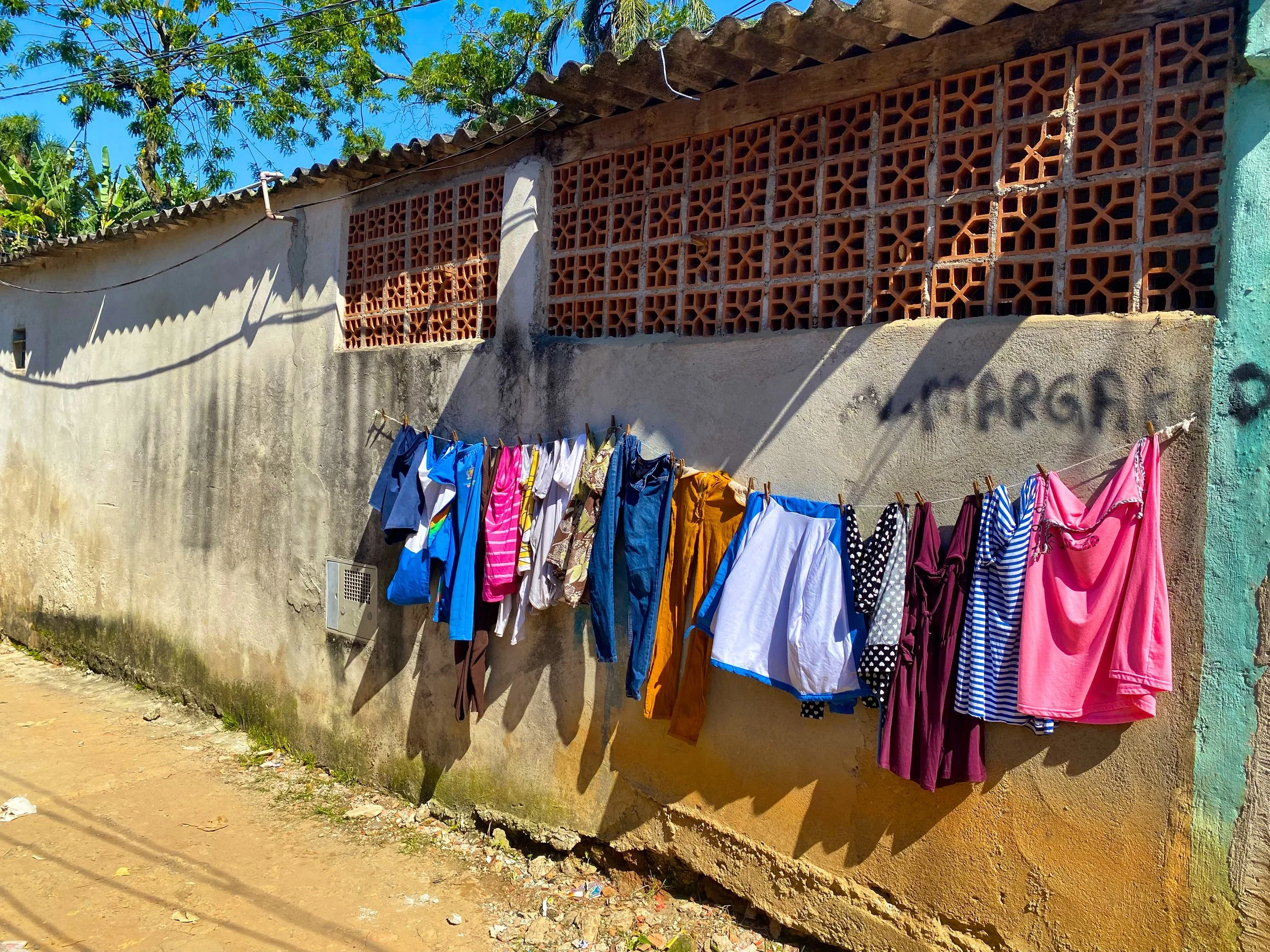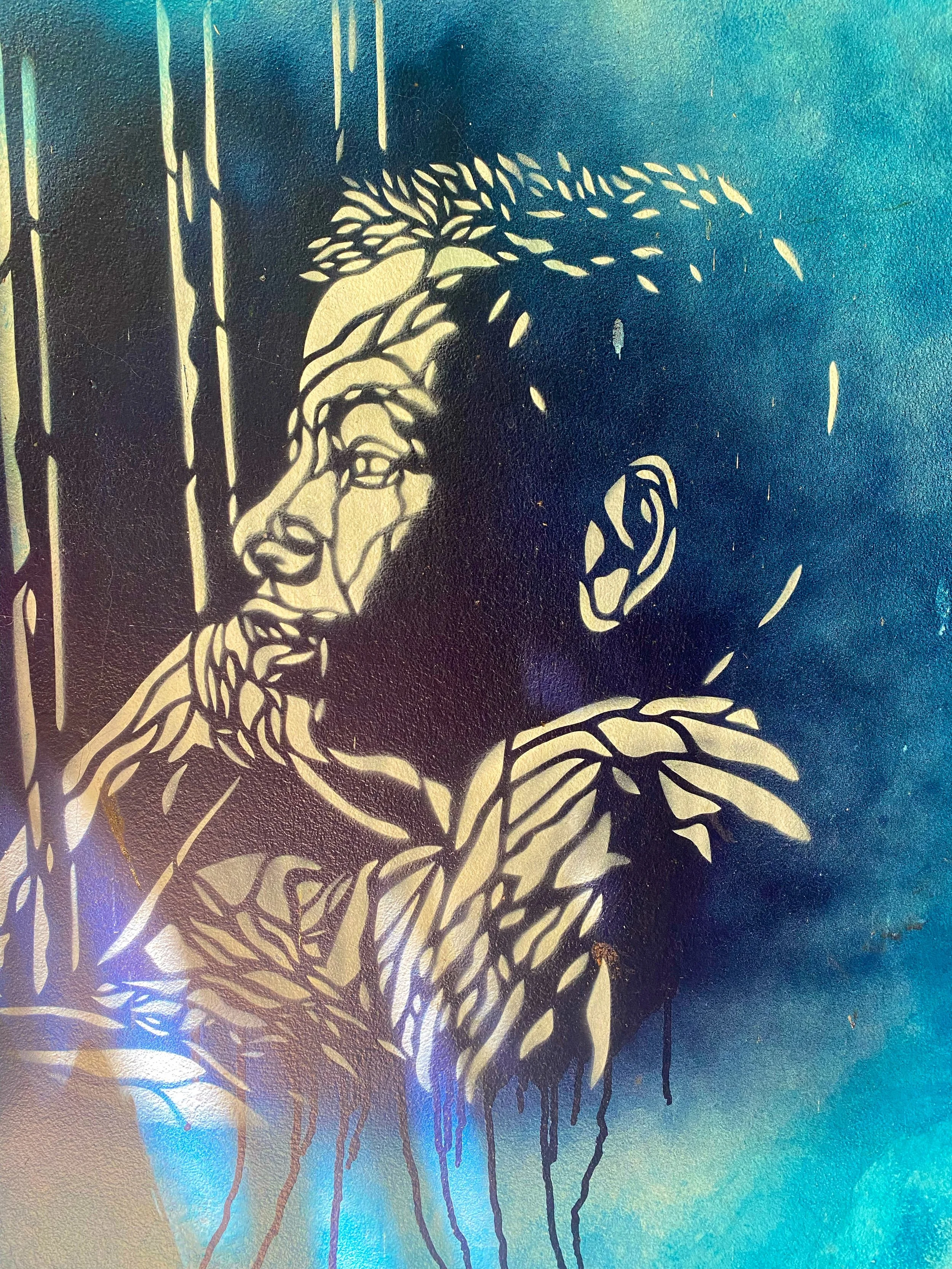Rede Cultural Beija-Flor
Brewing hope. Changing lives.


In the midst of the favela in Diadema, the shanty town and slum area on the outskirts of Sao Paolo, lies the cultural centre Rede Cultural Beija-Flor. Painted in strong bright colours, enveloped by lush green vegetation, Beija-Flor is a beautiful oasis of opportunity and hope for people living in the favelas.

It started as a small project for street children in Sao Paolo 28 years ago. Today, Beija-Flor is a social organization for children, adolescents and their families in the favelas in Diadema, the poorest urban slum area in Sao Paolo. In a safe and stimulating environment, dignity, self-confidence and skills are nurtured and developed to help the families in the favelas break the cycle of hopelessness and poverty.

Beija-Flor helps children take control of their lives by giving them opportunities and self-confidence.
“We believe role models and examples are the most powerful tool to make children and young people believe in a better future. To change the mentality, to bring people out of the favelas, we have to show them that there are alternatives. We build success stories that inspire and lead the way,” says CEO of Rede Cultural Beija-Flor, Ivone Silva. 6800 paricipants and 1200 families benefited from Beija-Flor activities in 2021.
In stark contrast to the challenging every day life surrounding them, the centre is filled with laughter, music, capoeira, ballet, art and drumming.


Ivone Silva is a dancer and a dance instructor. She has a Bachelor´s degree in Portugese and has also studied African and Indigeneous art. She started working at the centre in 2003. She was the founder Gregory Smith´s right hand and developed the cultural activities. She became the CEO in 2018.
“It was important for me to find new ways where we could make an even bigger difference for the people in the favelas.”
Ivone is a visionary social entrepreneur who together with her staff, has transformed Beija-Flor to a centre and resource for the whole community.
“Our methods work. Children and young people become self-confident, compassionate adults who want to serve and help others.”
In partnership with the the labour organizations SEBRAE, SENAI and SENAC, they offer free vocational training courses to people in the favelas. Hairdressing, manicure, cooking, computing, and 3D animation courses have been added to the music, drumming, capoeira and dance lessons. Beija-Flor has become a centre for new skills and opportunities for everybody in the favelas. Students are between 18 and 57.


Beija-Flor is changing family-life dynamics
“People in the favela do not plan beyond tomorrow. Their focus is on food and shelter for today,” says Ivone. “My vision for Beija-Flor is to give people opportunities and show them that they can change their history and their lives. I want the children and their mothers to see that they can take control of their lives, that there are opportunities, that if your desire and willpower are strong enough, you can make a difference in your own life. You can create a better life if you work hard.”

A big burden is placed on young people to bring income to the family when they reach a certain age. In the favelas, the drug mafia recruits boys with the promise of easy money.
“Our goal is to show these boys and their parents that there are different paths. We give them other options,” says Ivone. “We teach them skills that can be turned into job opportunities or businesses. All our courses have a business component. Now, we are working with local companies to secure more internship opportunities for those who have completed the courses.”
Many of those who completed cooking classes have either started working in a kitchen or started their own business.
“We have planted seeds for years,” continues Ivone, “and seeds are starting to flourish. Companies contact us. They look for the best candidates and our students have a reputation for being the best; positive, dedicated and reliable.”

Beja-Flor brews hope. Parents are important role models. Mothers learn new skills that they can use to generate an income. Many make their own money for the first time. Family dynamics are changing.
Kitera (37):
“Women are warriors”
“I have two children. The opportunity to learn came during a difficult period in my life. My house burnt down. We lost everything. I heard about Beija-Flor and they welcomed me with open arms. The cooking course that I took was not just a course. It gave me hope for the future. It was a safe port that helped me lift my head and believe in myself again. People discriminate against people like us. These courses give us resilience and strength and show us and the world that we can make something for ourselves. We can lift our heads. Some say women are weak, but that is not true. We can learn anything. Look at me. Women are warriors. These courses create new possibilities for us. I want to learn more. I want to go to more courses. The world can be bigger than this community also for me. I believe in myself, and I will make the most of these opportunities. My daughter wants to go to university to study psychology.”

Grieg Foundation has supported Beija-Flor since 2008. Grieg Foundation is committed to improving the lives of future generations through the support of projects that create a meaningful change for individuals and communities. Our role is to empower visionaries with ideas and a strong sense of purpose and commitment. We are proud of our cooperation with all the visionary, dedicated and talented people in the Rede Cultural Beija-Flor family.



Text and Photo: Ingvild Hestad


